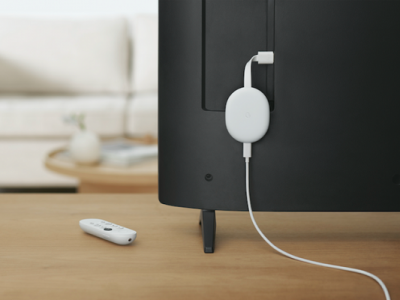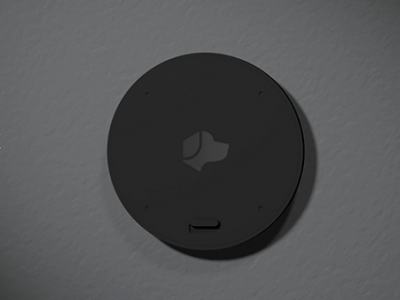

Low-cost wireless earbud manufacturer Skullcandy will begin embedding a hands-free voice assistant in the products thanks to a new agreement with audio AI platform developer Bragi. The partnership will bring Bragi’s voice AI and connected app to Skullcandy’s headphones, which typically are less expensive than $100.
Talking Skulls
Voice assistants are often purely available on entry-level earbuds through a Bluetooth-connected smartphone, if at all. The arrangement with Bragi allows Skullcandy earbud wearers to awaken their voice assistant without touching their phone, even if they aren't connected to the internet, simply by saying the best wake word. The same goes for answering or rejecting incoming telephone calls. Skullcandy claims this control is unique among independent earbud brands. The end result gives Skullcandy earbuds exactly the same functions and talents as Google, Amazon, or Apple-branded earbuds, without choosing one of those brands for that earbuds.
The system-on-a-chip (SoC) was co-created by Skullcandy and Bragi to ensure the firmware, which depends on the Bragi operating system, can be updated remotely, allowing the businesses to provide upgrades with no owner needing to buy new earbuds each time. That’s what makes the hands-free access and customizable button functions for such things as taking photos possible. The woking platform can come out across three new Skullcandy wireless products this year and produce completely new features like sharing audio from one group of Skullcandy earbuds to a different set nearby.
“Skullcandy has earned our market-leading position due to a keen dependence on our consumer’s adventurous uses,” Skullcandy CEO Jason Hodell said. “Giving our fans the liberty to enjoy their content, control their earbuds and enable communications all if you don't take off their gloves or letting go of the handlebars is an exciting advancement for the brand.”
Bragi Building
Bragi used to produce its owner hardware before selling off that part of the business in 2023 to pay attention to machine learning and AI. The company created a sound app store because of its own and third-party tools like biometric checks, music services, and audio processing. This past year, Bragi teamed with smart sensing technology licensor CEVA to start working on a hearables platform combing Bragi’s OS and CEVA's voice recognition and motion-sensing software. The arrangement with Skullcandy will give Bragi use of a huge potential userbase, all those who would like true headphones but would rather avoid hearables tied to specific voice assistants such as the Amazon Echo Buds with Alexa, AirPods with Siri, Galaxy Buds Live with Bixby or Google Pixel Buds with Google Assistant.
“Skullcandy owns the sub-$100 segment in the U.S., commanding huge volumes and enabling us to provide millions of Bragi-enabled earbuds towards the market,” Bragi CEO Nikolaj Hviid said. “Their bond with Skullcandy is transformational to Bragi being a platform for headphones, just as Android and iOS are for smartphones.”
















